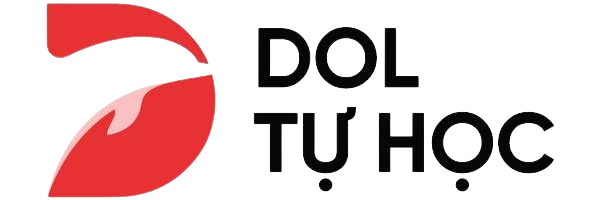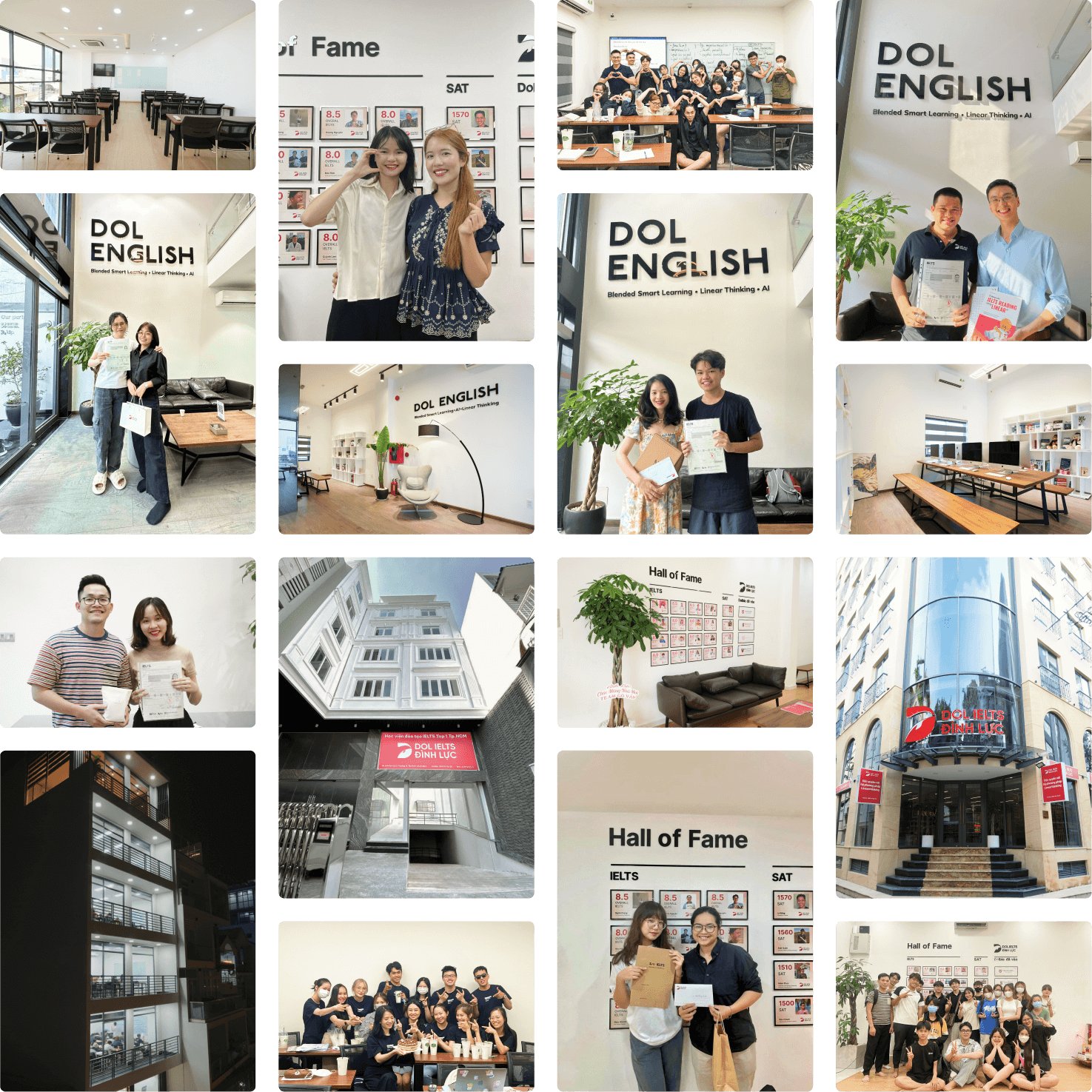Do the benefits of using plastic packaging in food and beverage industry outweigh its drawbacks?
Bài mẫu đề thi IELTS Writing Sample task 2 ngày 21/09/2020 chủ đề môi trường (environment): Do the benefits of using plastic packaging in food and beverage industry outweigh its drawbacks? Trong bài viết này, DOL Tự Học sẽ cung cấp cho mọi người ý tưởng, dàn bài, bài mẫu band 8.0, từ vựng hay đi kèm và nhận xét điểm theo 4 tiêu chí.
🚀 Đề bài
😵 Dàn ý
DOL sẽ trình bày quan điểm qua 1 đoạn mở bài (introduction), 2 đoạn thân bài (body paragraph), và 1 đoạn kết bài (conclusion)
Mở bài: Sau khi paraphrase lại đề bài, DOL sẽ đưa ra một Thesis Statement (luận điểm) để trả lời trực tiếp câu hỏi trên đề.
Thân bài:
Body 1: Đầu tiên, DOL sẽ nói về những ưu điểm của việc dùng sản phẩm nhựa
Body 2: Tiếp đó DOL sẽ nói về những nhược điểm, tác hại của việc này.
Kết bài: Cuối cùng, DOL sẽ nhấn mạnh lại quan điểm của mình bằng cách tóm lại các ý chính đã trình bày ở trên.
- For example: can disposed after use, do not break easily
- For examples: plastics production is relatively cheap, with materials readily available
- For example: plastic trash in oceans → fish can get trapped and suffocated
- For example: one-use plastic cutleries → more trash to the landfill
📝 Bài mẫu
Plastic containers and
On the one hand, using plastic is convenient for both
On the other hand, however, using plastics to store food can pose both a health and an environmental risk. Firstly, most plastic containers end up in the ocean, which will damage
In conclusion, convenience and low prices are reasons why people use plastics to store food and drinks. However, I think that the disadvantages of plastic to the environment and consumers’ health far overweigh the advantages of plastics.
(268 words)
📚 Vocabulary
List vocab bổ ích từ bài Writing IELTS Sample phía trên.
✨ Bài tập Exercise
Mình cùng làm 2 bài tập sau để ôn lại các từ vựng cũng như cấu trúc hay đã được dùng trong bài viết IELTS Task 2 mẫu nhé!
Exercise 1
Dụng cụ ăn uống:
Chất gây ung thư:
Sinh vật biển:
Những lựa chọn thay thế:
Người bán hàng rong/ vỉa hè:
Tiêu hóa:
Phân hủy:
Exercise 2
Những cái ống hút giấy này cần phải được vứt đi sau một lần sử dụng vì chúng hút nước và sẽ tả tơi ra nếu để trong đồ uống quá lâu.
=> These paper straws need to be
Ở thành phô HCM, những quán cafe luôn luôn sẵn sàng phục vụ ở mọi khung giờ trong ngày.
=> In Ho Chi Minh city, coffee shops are
Anh ấy thường mua dụng cụ và hóa chất tẩy rửa theo số lượng lớn vì mua vậy rẻ hơn rất nhiều.
=> He usually
Sự xuất hiện của anh ấy là mối hiểm nguy đến sự thành công của bữa tiệc do anh ấy đã không được mời dự.
=> His appearance
Quy trình tổng hợp ra nhựa rất có hại cho môi trường vì nó yêu cầu việc đốt rất nhiều khí gas độc hại.
=> The process of synthesizing plastics is
Các loại nhựa được biết là chảy ra và thải ra các chất độc hại khi được nấu lên.
=> Plastics are known to melt and
Học thêm nhiều từ vựng hay qua các bài mẫu tháng 09/2020.
💡 Lời kết
Tới đây là hết rồi  Sau sample In many countries, plastic containers have become more common than ever and are used by many food and drink companies. Do you think the advantages outweigh the disadvantages?, DOL mong các bạn không chỉ nắm được cách trả lời hiệu quả cho một bài Writing task 2 dạng Advantages & Disadvantages mà còn có thể bỏ túi được một vài từ vựng, cấu trúc hay của chủ đề Environment mà bạn có thể sau này áp dụng trong kỳ thi IELTS nhé!
Sau sample In many countries, plastic containers have become more common than ever and are used by many food and drink companies. Do you think the advantages outweigh the disadvantages?, DOL mong các bạn không chỉ nắm được cách trả lời hiệu quả cho một bài Writing task 2 dạng Advantages & Disadvantages mà còn có thể bỏ túi được một vài từ vựng, cấu trúc hay của chủ đề Environment mà bạn có thể sau này áp dụng trong kỳ thi IELTS nhé!
Nếu có thời gian thì nhớ làm phần bài tập và tự mình viết một bài khác nha vì 'Practice makes perfect' mà nhỉ 


